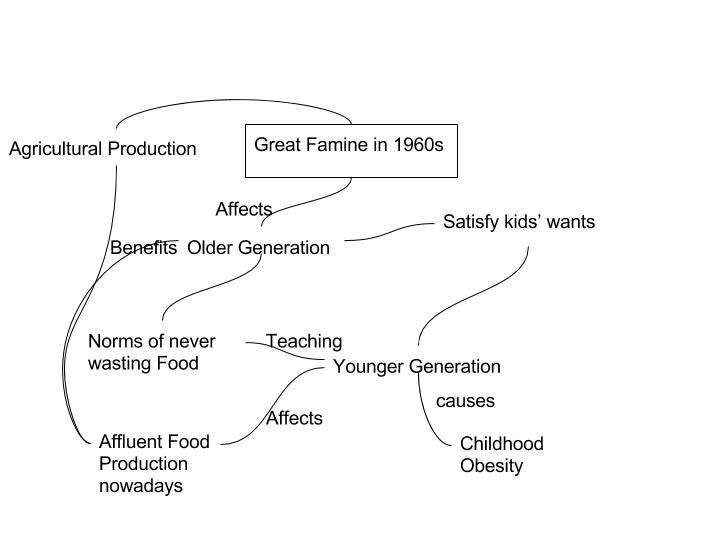As a student who comes from China, there is too much to say about the food choice and the decisions we face on our diet. Since a really little age, kids were taught how significant the food production in China is, that we used 7% of the land to feed 21% of population on earth. Even though these figures aren’t really comparable, but it emphasizes the agricultural revolution we had in the last century innovated by Dr. Longping Yuan. One of the most important social norms in China on food is about saving the food and never wasting any bit. We started understanding the importance of not wasting food since a kid. Older generations were grown up with little resources available, like oil and meat. In 1960s and 1970s China was struggling with poverty so nowadays elders are accustomed and fond of eating lots of vegetables. As a person grown up in a fairly affluent environment, I could never understand my older generations’ food choice. I couldn’t live without meat in every meal.
The social issues on food in China is rather more about a historical issue than it is now. The “Great Leap Forward” movement resulted in a severe famine that lasted several years in 1960s. Numerous death reported across the nation. This famine left an unforgettable impression on Chinese older generations as they survived it. My grandparents always avoid talking about as it was serious and dire. This famine, as a social issue, hugely shaped people’s diets. Wasting food in the last century would be condemned. However, situation has completely changed within few decades. China becomes more affluent in terms of economy as well as the food production. The more urgent food-related social issue is childhood obesity. According to research, around one out of every ten kids experiences certain degrees of obesity. Parents knew how ugly the famine was so they try to satisfy all of their kids’ wants. In all, the most crucial social norm on food should be reducing the waste from production, transportation, and consumption.


Hello Wenjie, my name is Katherine and I am a junior at Penn State. I enjoyed reading your take on food choices as they relate to social norms within our society. We took slightly different approaches in analyzing this, and you can check out my blog here (http://geog030.dutton.psu.edu/2016/03/01/katherine-rigotti-module-6-food-choice-and-social-norms/). I especially enjoyed reading your post as your perspective is based on your upbringing in China. The ideals stemming from the agriculture revolution in China are extremely important as we all need to practice saving more wood and wasting less. I agree that it is difficult to imagine a diet without any meat, but I do not think I need it in every meal. Finally, the “Great Leap Forward” was an important issue to bring up as it resulted in famine, which later influenced the diets of many. Unfortunately, now at the other end of the spectrum, obesity is becoming an increasing problem as well. Finding the correct balance between these two extremes is extremely important for not only individual health, but also sustainability.